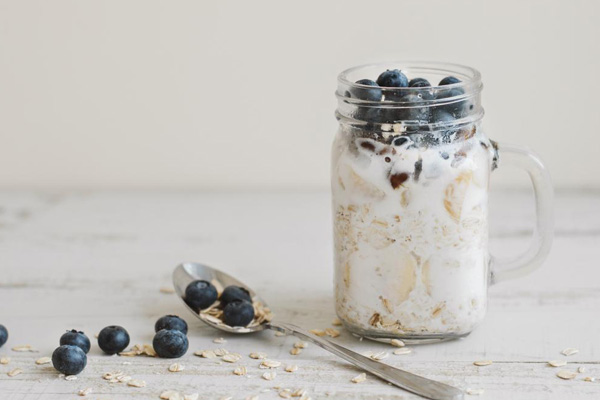
Recovery nutrition plays a crucial role in replenishing energy stores, repairing muscle tissue, and supporting overall recovery after a workout. Here are some key nutrients and food choices to consider for optimal recovery:
-
Protein: Protein is essential for muscle repair and growth. Aim to consume a source of protein within 30-60 minutes after a workout to maximize muscle protein synthesis. Good sources of protein include lean meats, poultry, fish, eggs, dairy products, legumes, tofu, tempeh, and protein-rich plant-based foods like quinoa and lentils.
-
Carbohydrates: Carbohydrates are the body's primary source of energy, especially during high-intensity or prolonged exercise. Consuming carbohydrates post-workout helps replenish glycogen stores and facilitate recovery. Choose complex carbohydrates such as whole grains, fruits, vegetables, and legumes for sustained energy release and nutrient density.
-
Healthy Fats: Omega-3 fatty acids and other healthy fats have anti-inflammatory properties and support overall health. Include sources of healthy fats such as fatty fish (salmon, mackerel, sardines), avocados, nuts, seeds, and olive oil in your post-workout meals or snacks.
-
Hydration: Proper hydration is essential for optimal recovery and performance. Drink water throughout the day and replenish fluids lost during exercise. For intense or prolonged workouts, consider sports drinks or electrolyte beverages to replace lost fluids and electrolytes.
-
Antioxidants: Antioxidants help reduce inflammation and oxidative stress caused by exercise. Include antioxidant-rich foods such as colorful fruits (berries, citrus fruits, cherries), vegetables (leafy greens, bell peppers, tomatoes), and spices (turmeric, ginger) in your post-workout meals or snacks.
-
Micronutrients: Ensure adequate intake of vitamins and minerals that play a role in recovery and immune function. Consume a variety of nutrient-dense foods to meet your micronutrient needs. Foods rich in magnesium (leafy greens, nuts, seeds), potassium (bananas, potatoes, oranges), calcium (dairy products, fortified plant-based milk), and vitamin C (citrus fruits, strawberries, bell peppers) can be particularly beneficial for recovery.
-
Timing: Aim to consume a balanced meal or snack containing protein, carbohydrates, and fluids within 30-60 minutes post-exercise to optimize recovery. This post-workout window is when the body is most receptive to nutrient uptake and muscle repair.
Examples of post-workout meals or snacks that incorporate these nutrients include:
- Grilled chicken breast with quinoa and roasted vegetables
- Greek yogurt with mixed berries and a drizzle of honey
- Smoothie made with spinach, banana, protein powder, almond milk, and nut butter
- Whole grain toast with avocado, smoked salmon, and sliced tomatoes
- Cottage cheese or tofu scramble with vegetables and whole grain toast
Tailor your post-workout nutrition to your individual preferences, dietary needs, and workout goals, and consider consulting with a registered dietitian or sports nutritionist for personalized guidance.





